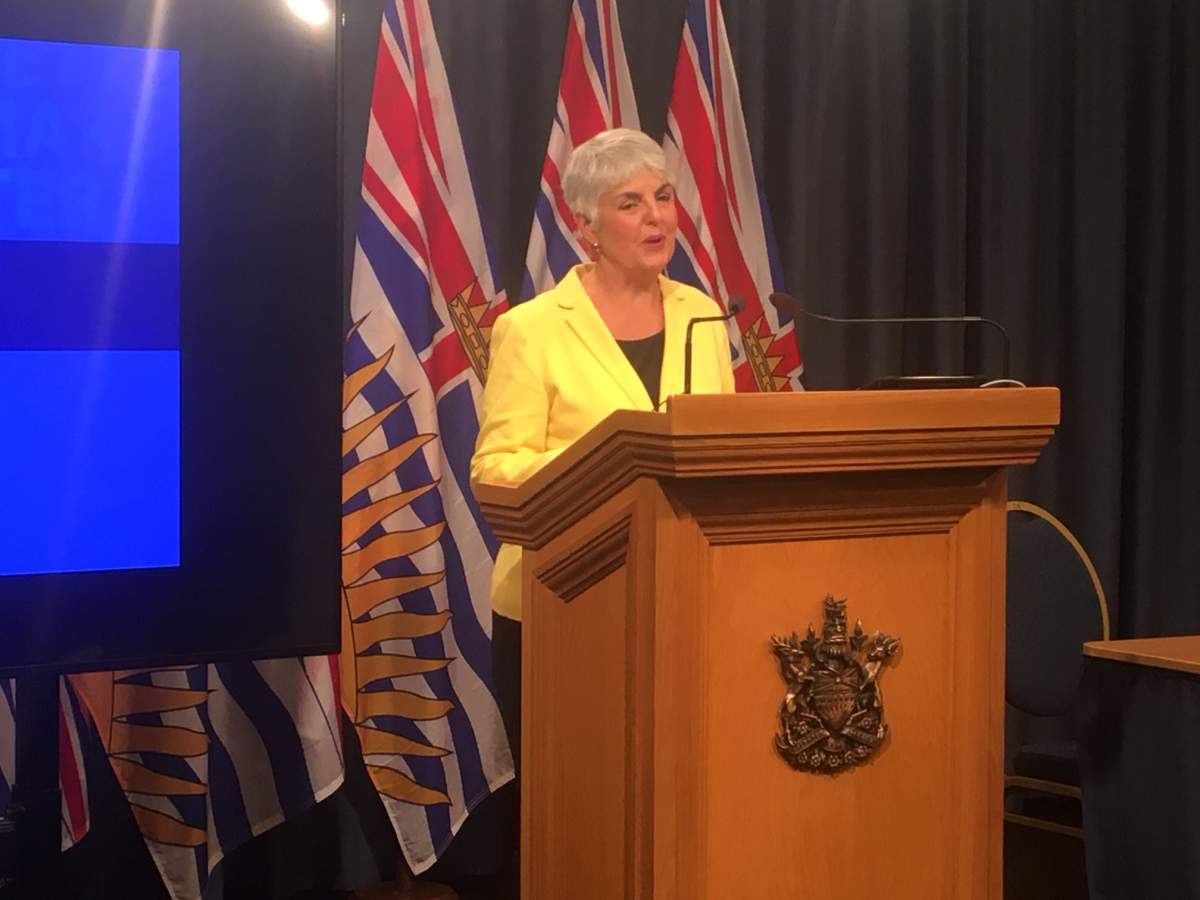The B.C. government continues to project a slim surplus but problems at ICBC and the forestry sector pose potential problems.

Finance Minister Carole James presented the province’s second quarter fiscal update on Tuesday. James is forecasting a $148 million budget surplus, down from $179 million forecast in the first quarter.
One point of financial pressure is ICBC. The public insurer was projected to lose $50 million this fiscal year.
Based on higher than expected legal costs associated with settlement claims, ICBC is now forecast to lose $91 million.
But this could be much worse, with the projected $400 million in savings from restricting expert reports still not factored in following the B.C. Supreme Court decision.
“I am frustrated with ICBC all the way around because of the mess that was left us,” James said.
“If you look at the loses this quarter you are looking at past claims.”

The province has built in $550 million in contingency funding in case the financial picture continues to get murkier at ICBC.

Get breaking National news
But ICBC is not prepared to write off the $400 million in savings yet. The province has decided not to appeal the court decision but is still looking at possible ways, including legislation, to save on report and legal costs.
“What they are looking at is other savings options to address that loss,” James said.
“Until we get that information in and what they may project to get from other options we won’t be able to build it into the budget.”
The province is also grappling with curtailments and closures in the province’s forest sector. James says there is a likelihood the numbers will continue to go down.

“We are looking at the revitalization strategy. There are short term things we are looking at and a long term vision,” James said.
“If we have to make adjustments on those numbers we will do so for the next budget.”
The BC Liberals are warning the financial instability will mean more taxes for British Columbians. The opposition points out the NDP have brought in 19 new and increased taxes.
“After multiple budgets with no plans to grow the economy, John Horgan has squandered the best provincial economy in Canada that was built by the BC Liberals and now hard-working British Columbians are facing job losses, increased costs of living, and the heavy burden of the NDP’s raft of new taxes,” Surrey South MLA Stephanie Cadieux said.
There is some good news in the fiscal update.
WATCH (aired January 18, 2019): B.C. to overhaul the way it manages forestry sector

The final numbers show the province spent $174 million of fighting wildfires. The number is substantially down from the more than $1 billion spent during the record breaking 2018 fire season.
The unemployment rate is down to 4.6 per cent and is below projections. Housing prices, which are seen as a mixed blessing, are down 3.3 per cent.
British Columbia continues to be the only province with a triple-A credit rating in the country. B.C. is also leading in wage growth and among the lowest debt-to-GDP ratios for all provinces.
“Our government continues to show that investing in people while being strong fiscal managers is not only possible, it is fundamental to building a resilient economy,” James said.
“With careful planning and foresight built into every stage of our fiscal plan, B.C. is well prepared to weather the global storm, while delivering on our commitments to make life better for people.”
- WestJet execs tried cramped seats on flight weeks before viral video sparked backlash
- Pizza wars? As U.S. chains fight for consumers, how things slice up here
- Health Canada says fake Viagra, Cialis likely sold in multiple Ontario cities
- Canada increased imports from the U.S. in October, StatCan says








Comments